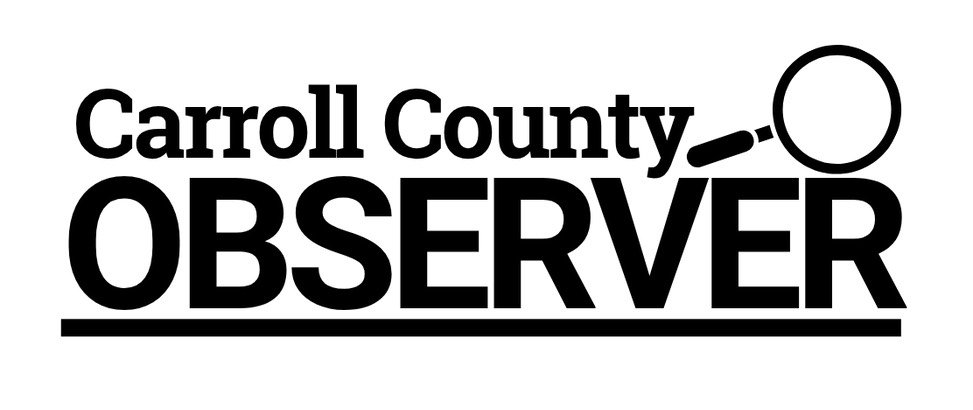Carl Mann was in the spotlight, Wednesday, June 18, when Lex Suite of McLemoresville delivered a presentation on the Rockabilly star’s life, music, and legacy during the Huntingdon Historical Society’s monthly gathering.

Suite opened by admitting he wasn’t a musician by trade, but was drawn into Mann’s story after reading a letter to the editor years ago that listed Carl Mann’s performance on American Bandstand as one of Huntingdon’s most significant moments.
“I started digging,” Suite said, “and I couldn’t find much. So I did what every young person does—I got on the web. That’s how I found Richard.”
Carl Mann’s son, Richard Mann, sat in the front row during Suite’s presentation, along with Carl’s sister Jean Gulledge.
Suite explained that Richard clarified it wasn’t American Bandstand that his father played on.
“Turns out, it was the Dick Clark Show,” Suite said. “And he not only appeared once, but twice on the show.”

Suite noted that Richard has copies of the original tapings of those performances.
Suite traced Mann’s early start as a child prodigy in the Leach community, also known as Tate, where he first began playing guitar on a tree stump in the yard.
Gulledge mentioned that it was their mother who inspired Carl’s love for music.
Another voice spoke up from the crowd and explained that Carl Mann could play just about any instrument he put his hands on.
“He had a band by age 12,” Suite continued. “He signed with Jaxon Records, was on the Junior Grand Ole Opry, and by his teens was already recording.”
Carl Mann’s career took an upward trajectory when he played a show in Kentucky, and decided to play a rendition of Nat King Cole’s Mona Lisa.
According to Suite, those around Carl kept yelling for him to “Play it faster!”
“He wasn’t just speeding it up,” Suite said, “He was putting his own sound to it.”
It was that reinterpretation that led him to Sun Records, the Memphis-based record label that launched stars such as Elvis Presley and Jerry Lee Lewis. But unlike some of those bigger names, Suite said Mann never got the push he deserved.
Carl Mann and his band soon recorded the rendition.
“They thought they had a hit,” Suite explained. “But Sun Records still didn’t release it. Then Conway Twitty recorded the same song after hearing Mann’s version, and they had to act fast.”
When the record was finally released, Mann’s version out-charted Twitty’s and landed him on The Dick Clark Show. He also recorded other hits like “Pretend” and “Some Enchanted Evening.”
Carl Mann’s career never took off in the way other Sun Records artists. While he may not have gotten the same push as Presley or Lewis, the rise of British rock also shifted the music landscape.
But as Suite pointed out, Mann found a second wave of fame overseas.
“They loved him in Europe,” he said. “That 1950s revival hit over there hard, and Carl was playing big venues again.”
Still, in the U.S., and even in his hometown, Mann’s name is often overlooked.
Throughout his career, he toured on and off while also working at the family’s lumber business.
“He moved back here in 2018,” said Suite. “He was just a regular guy. He’d go to Walmart, work at the lumber business. He didn’t put on airs. But what gets me is that he’s not better recognized here.”

Suite noted that McLemoresville has a sign for Dixie Carter, and Parsons recently put up one for Little David Wilkins. But in Huntingdon, no street or park bears Carl Mann’s name.
Honoring Carl Mann’s legacy might mean more than preserving his portraits and records behind glass.
“I think Richard said it best, that naming the lake after [Carl Mann] would be fitting,” Suite said. “That was his stomping ground.”
Whether Mann is celebrated with his name on a lake, on a road sign, or on a park, his legacy is proof that true talent and hard work can indeed have a positive impact on people far beyond these county lines.
The next Historical Society meeting is scheduled for July 16 at 9 a.m. McKenzie’s Jack Holland will give a presentation about some of the town’s history.


It’s about time, I always knew he was so talented and now he is being recognized. He was always a Carroll county boy and didn’t want to live anywhere else.